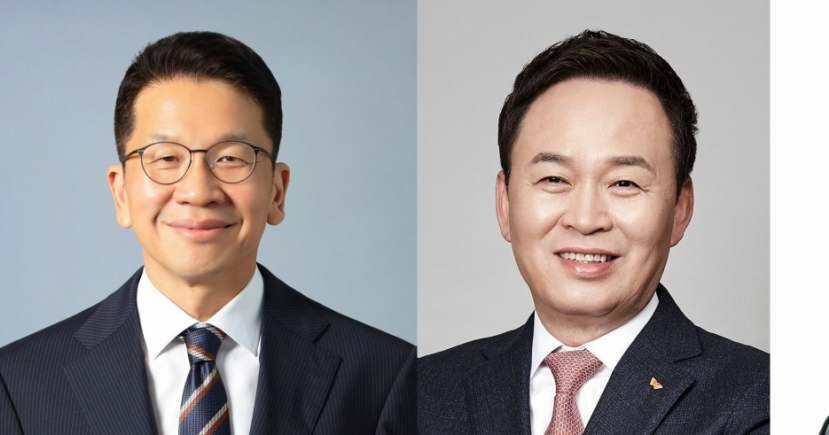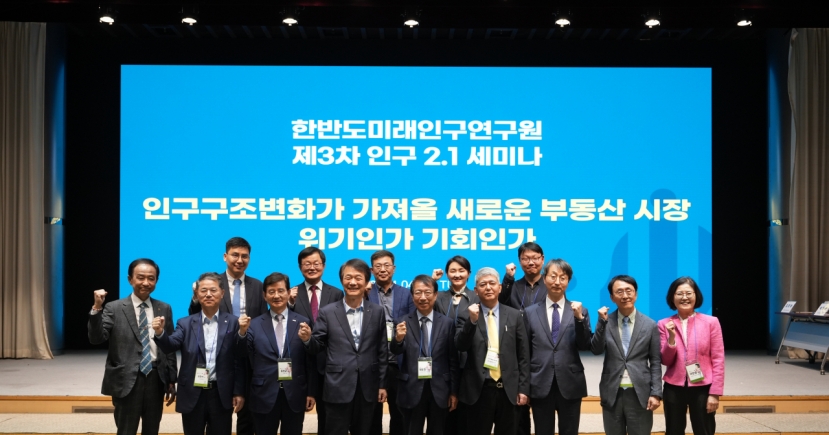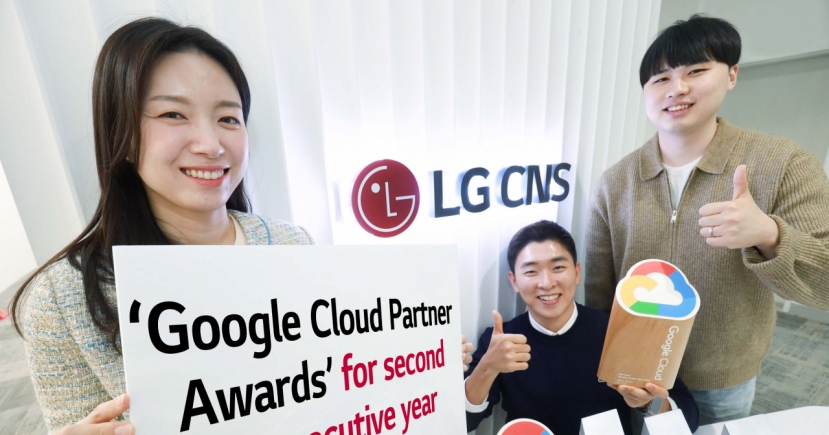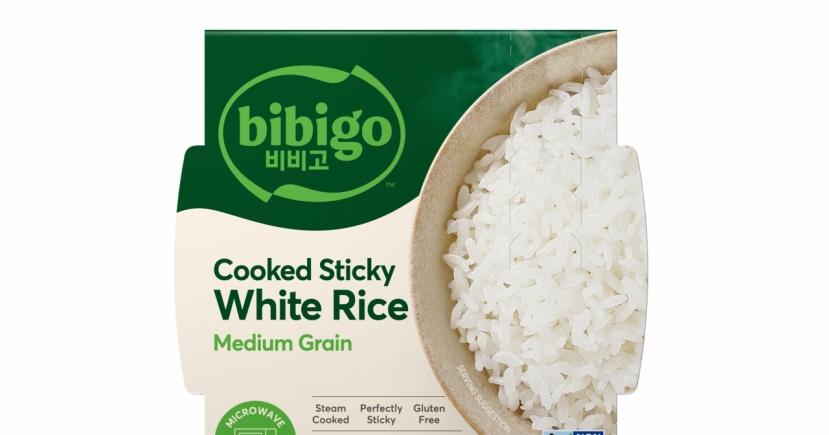LG
LG Chem CEO offers upbeat outlook on EV battery sales
[THE INVESTOR] DAESAN -- For the past seven years, the average sales growth of chemical giants, such as BASF and Dow Chemical Company, has remained under 2 percent. The relatively low growth rate has largely been due to fluctuating oil prices and heated competition.
Now, burgeoning new industries like electric car batteries and high-end chemicals are quickly changing the landscape.
One such company planning to ride on the growing momentum is LG Chem, the battery and chemicals unit of LG Group, which is targeting a 15-percent average sales growth from this year's 26.9 trillion won (US$25.3 billion) to 36.4 trillion won in 2020. The company earned 25.7 trillion won of revenue in 2017.
The goal may seem a bit too ambitious, but not according to LG Chem CEO Park Jin-soo.
 |
LG Chem CEO park Jin-soo |
“In the first year as CEO in 2014, I forecast the company’s revenue would be on an upward trajectory to mark a record 30 trillion won in sales in 2017, but it was actually on the decline because of falling oil prices, among other reasons,” said Park in a press conference held at the firm’s petrochemical complex in Daesan, South Chuncheong Province, on March 9.
“With a diversified, solid business portfolio, LG Chem can now achieve the above goal and more."
One of the main drivers behind the anticipated growth will be the company's electric car battery business, according to the CEO. The total supply deals for electric car batteries the Korean firm has signed with some 30 global car manufacturers so far are worth 42 trillion won.
Of the deals, the Seoul-based battery maker will execute around 5 trillion won worth of deals for the next couple of years, accounting for the half of the projected 10 trillion won revenue increase from 2018 to 2020.
The CEO refused to name the car companies it has partnered with, but said they are mostly based in Europe, the US and Korea.
Its operations in China, one of the biggest EV markets, however, is facing numerous challenges because the so-called China risks for foreign battery firms, caused by the Chinese government’s lopsided support for local companies, still exist.
“Despite difficulties, LG will continue to try to tap the Chinese market while developing battery technologies that meet the requirements of Chinese car companies,” the CEO said.
Regarding the controversial issue stemming from the planned pullout of General Motors from Korea, LG Chem said the partnership with GM is intact since the battery firm is directly doing business with the US headquarters, not the Korean branch.
In line with its grand plan to keep up the growth momentum, the Korean battery and chemical giant will invest a total of 3.8 trillion won in beefing up its infrastructure and 1.1 trillion won in R&D, up 52 percent and 22.2 percent, respectively, from a year earlier.
 |
The Daesan complex |
At the Daesan complex, sitting on 1.55 million square meters of land, LG Chem runs 21 factories, producing 30 different types of chemicals, including ethylene, polyolefin elastomer, and butadiene rubber. The chemical complex was initially built 1991 by Hyundai Petrochemical, a former subsidiary of Hyundai Group, and was later acquired by LG Chem in 2006.
LG Chem is currently building manufacturing facilities for elastomer, a highly resilient and flexible synthetic material often used for car bumpers and shoe insoles, and adding a new naphtha cracking center, which will process naphtha, a flammable liquid hydrocarbon mixture, to produce ethylene and propylene—basic materials for most petrochemical products.
It is pouring in 400 billion won to build the 20,000-ton class elastomer facilities in a 39,700-square-meter site, as large as the size of eight football fields. When the construction is completed in the later half, the chemical firm will boast 290,000 tons of elastomer production capacity—No. 3 in the world after Dow and Exxon Mobil.
The new NCC, for which LG Chem will spend 287 billion won, will help increase the firm’s ethylene production capability from 1.04 million tons to 1.27 tons, the largest amount that can be produced at a single production site in the world.
“The company is trying to keep investing to roll out products with high-added value and show stellar sales performance in any business condition,” said Kim Dong-on, the head of the chemical complex said.
By Kim Young-won (wone0102@heraldcorp.com)


![[Exclusive] Korean military set to ban iPhones over 'security' concerns](http://res.heraldm.com/phpwas/restmb_idxmake.php?idx=151&simg=/content/image/2024/04/23/20240423050599_0.jpg)




![[Herald Interview] Bridging Korea, Philippines for better future](http://res.heraldm.com/phpwas/restmb_idxmake.php?idx=151&simg=/content/image/2024/04/23/20240423050735_0.jpg)
